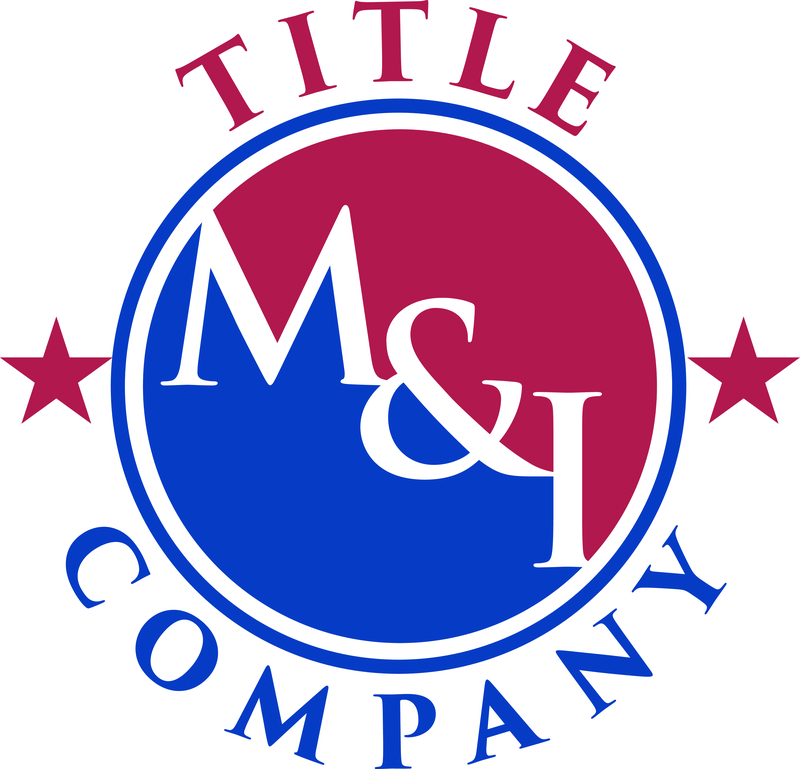
In the past 18 months, massive legislative changes have affected the mortgage landscape. What does that mean for consumers? It means people seeking a mortgage can expect to do more paperwork when planning to purchase or refinance a home. Listed below is pertinent information regarding the new law changes.
Consumers will be asked for more information more often.
Although the loan application form has not dramatically changed, borrowers are being asked to provide more documentation. Standard income and asset documents like paycheck stubs and bank statements have always been requested. Now customers may be asked for documents proving identity or residency. In addition, lenders are asking for document updates more often. For example, consumers may be asked to provide updated monthly bank statements for transactions taking longer than 30 days to complete. Mortgage applicants should be prepared to answer in-depth questions about credit reports and recent credit inquiries, especially for newly opened accounts.
Timing is everything and everything takes more time.
The new rules require strict time restraints. At least eight days must elapse between the application and closing of a loan to allow consumers the opportunity to shop between lenders. Even seemingly small changes in the transaction can delay closings by at least three days. These small changes alter the parameters of the transaction and can trigger a new set of disclosures and mandatory waiting periods. This protects the customer from last minute surprises.
Employers are being asked to provide more information.
When consumers apply for a mortgage, lenders verify employment of the applicants for the past two years. This used to be accomplished with a phone call in many cases. New, stricter rules now dictate verifications be done in writing. Detailed income and job stability questions are being investigated. Previous employers are reviewed more in-depth. Employers are called again, within a few days of loan closing, to ensure the applicant still has a job.
Tax returns are being checked with the Internal Revenue Service (IRS).
Usually tax returns are not requested unless a borrower is self employed or receives investment income needed for the loan from dividends, interest and capital gains. Now, in most instances, lenders are required to get a copy of the previous two years’ tax returns directly from the IRS. If there is any discrepancy it may suspend or prevent an approval. Consumers grant lenders permission to check this by signing IRS Form 4506 or its equivalent.
St. Louis MORTGAGE INTEREST RATES for June 22, 2011:
- Conventional 30-Year Fixed 4.625%/ 5.000% APR
- Conventional 15-Year Fixed 4.00%/ 4.10% APR
- Conventional 5/1 ARM 3.500%/ 3.277% APR
- FHA/VA 30 Year Fixed 4.500%/ 5.00% APR
- Jumbo 5/1 ARM 3.250%/ 3.123% APR
- Jumbo 15 yr Fixed 3.750%/ 4.125% APR
- Jumbo 30 yr Fixed 5.125%/ 5.425% APR
*The above mortgage rates are based upon an 80% LTV, o/o single family with FICO scores of 720.
Paramount Mortgage is a locally owned Mortgage Banker; we just celebrated our 40th anniversary. Great rates and programs are secondary to what is most desired in a lender relationship. The most sought-after aspects in this industry cannot be easily translated onto paper…learn more about us here.
For more information or if you have questions on mortgage rates you may contact me by phone at my direct line, (314) 372-4319, email at rfishel@paramountmortgage.com or you can visit our company website at http://www.paramountmortgage.com.



Leave a Reply
You must be logged in to post a comment.